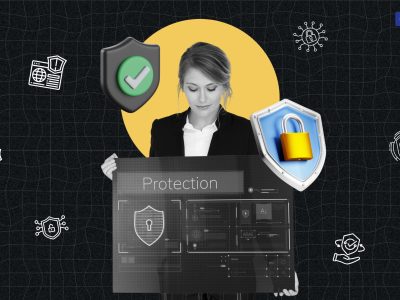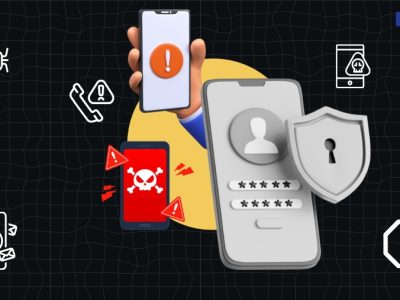Which Of The Following Is Considered An Industry-Specific Cybersecurity Regulation?
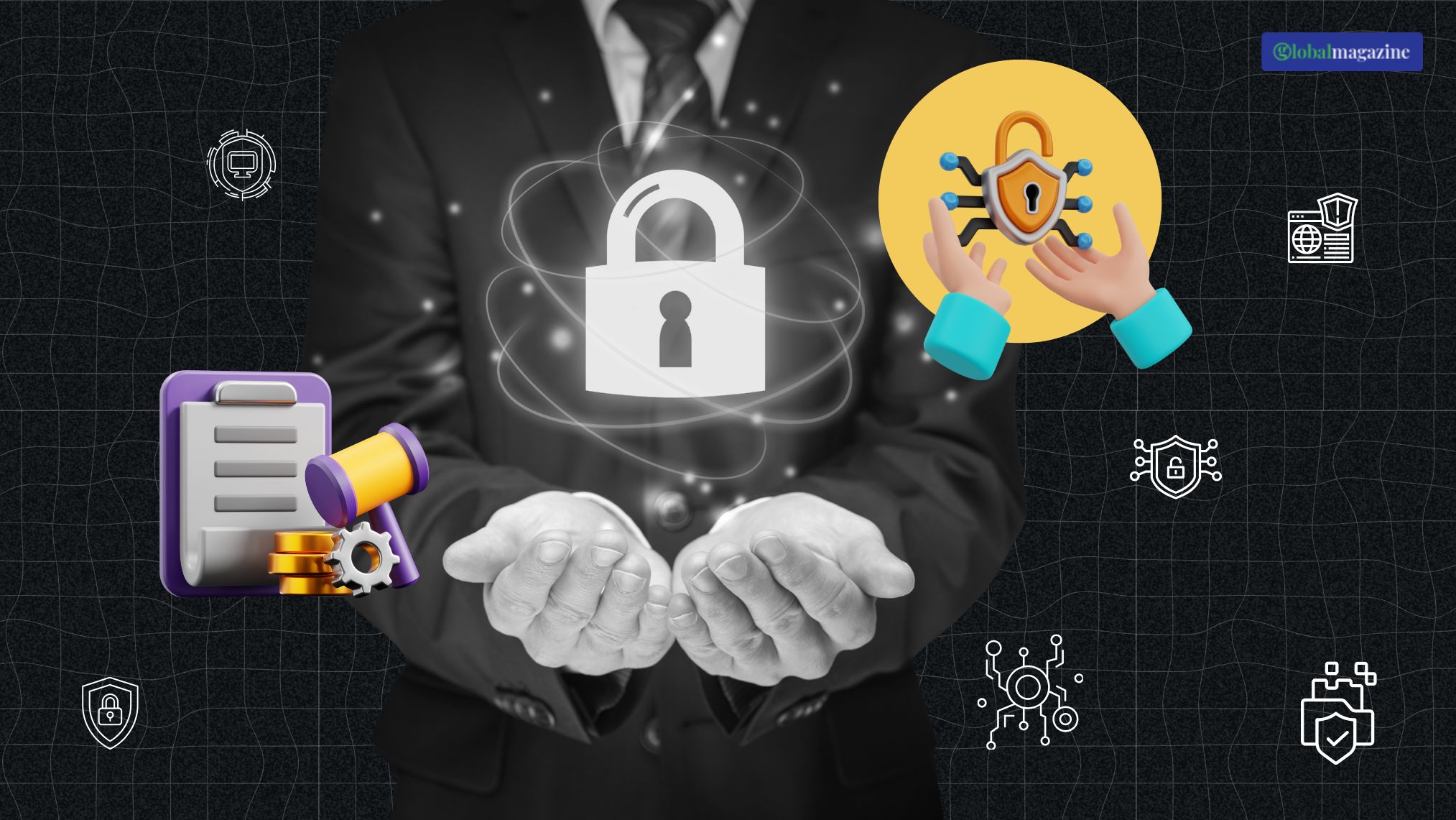
When we discuss cybersecurity regulations, several things may come to your mind. However, most of you will think about the rules laid down by the government or any other regulatory body.
Cybersecurity regulations seem to be a generalized term used to describe a set of regulations from a layman’s perspective. But the reality is that there are several categorizations in the cybersecurity regulations as well.
Regulatory bodies generally categorize cybersecurity based on industry-specific requirements. Different organizations and companies belonging to various categories are duty-bound to comply with them.
Most of the organizations and people in today’s world rely heavily on a digital infrastructure. Hence. The regulatory bodies have made cybersecurity compliance mandatory for different organisations and companies serving in different fields.
Different industries face different cybersecurity risks, which vary from industry to industry.
Various industries have unique cybersecurity risks related to things like protecting sensitive personal data and managing financial records.
Professionals from various industries often struggle to determine which of the following is considered an industry-specific cybersecurity regulation.
This article sheds light on industry-specific cybersecurity regulations and attempts to differentiate them from general regulations.
What Is Industry-Specific Regulation? How Is It Different From The General Cybersecurity Framework?

The regulatory bodies mandate sets of regulations that are specifically applicable to a particular sector. Hence, these regulations are called industry-specific cybersecurity regulations.
The regulatory bodies provide tailored regulations that address the cybersecurity risks that are industry-specific.
Some examples of industry-specific cybersecurity regulations can be things like the protection of patient health information in healthcare, consumer financial data in banking, or operational technology in the energy sector.
Regulations Under The General Cybersecurity Framework.
The regulatory bodies also come up with regulations that fall under the general cybersecurity frameworks.
Regulatory bodies set these standards and regulations for voluntary best practices in cybersecurity, dedicated to improving security posture.
Some examples of these standards and regulations are as follows:
1. NIST:
The National Institute of Standards and Technology is a U.S. Federal agency under the Department of Commerce.
NIST is a cybersecurity framework, as in the Special Publication 800 series, and is crucial for establishing cybersecurity standards.
Organizations and bodies trust the NIST Guidelines globally to enhance cybersecurity across various sectors in general.
2. ISO 27001
It is an International standard for managing information security. ISO 27001 provides a framework for protecting data confidentiality, integrity, and availability through an Information Security Management System (ISMS).
How Is Industry-Specific Regulation Different From The General Framework?
Regulatory bodies enforce industry-specific regulations by nation or state-specific laws, which make them mandatory.
Regulatory bodies and authorities impose penalties on organizations if they fail to comply with industry-specific regulations. On the other hand, cybersecurity frameworks like NIST or ISO 27001 are voluntary.
Noncompliance with industry-specific regulations can lead to regulatory penalties, operational shutdown, or Erosion of Public Trust.
Understanding Industry-Specific Regulations With Examples
Let’s look at several examples that apply to different sectors to understand which of the following is considered an industry-specific cybersecurity regulation.
1. Healthcare: HIPAA and HITECH
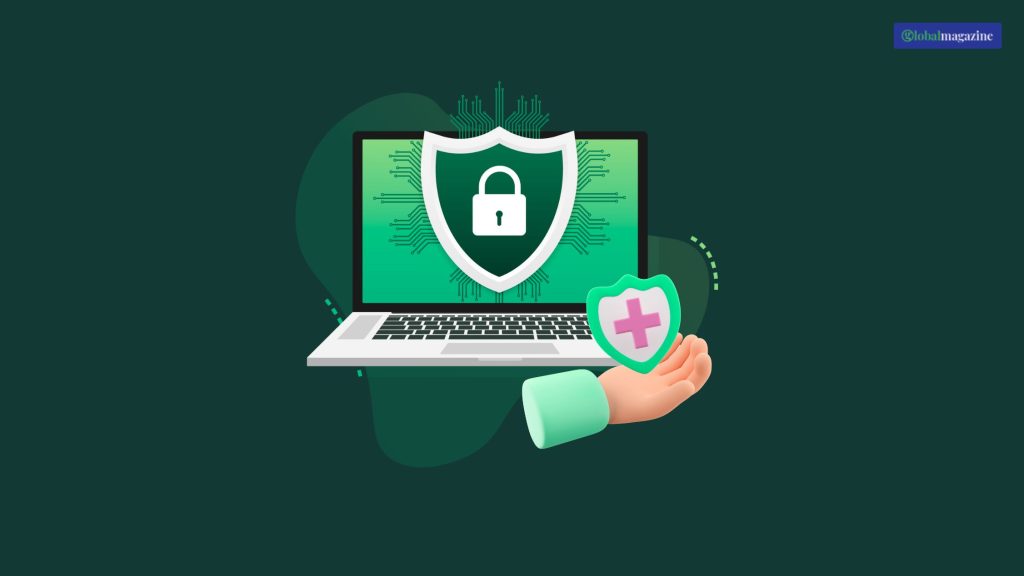
Regulatory bodies provide several regulations that are specific to the healthcare sector.
HIPAA :
HIPAA (Health Insurance Portability and Accountability Act) lays out the guidelines on how to handle protected health information (PHI).
Healthcare providers and insurers ought to comply with HIPAA. Hence, organizations in the health sector must comply.
Organizations must implement administrative, physical, and technical safeguards to protect patient data from unauthorized access.
HITECH ACT:
HITECH ACT (Health Information Technology for Economic and Clinical Health) seeks to strengthen HIPAA by encouraging the adoption of secure electronic health records.
Hence, we can say that the HITECH Act is important. HITECH Act increases the enforcement penalties to ensure cybersecurity compliance.
The HIPAA and HITECH Acts are specifically applicable to the healthcare sector. Hence, they are industry-specific cybersecurity regulations.
Which of the following is considered an industry-specific cybersecurity regulation?
HIPAA is one of the most definitive industry-specific cybersecurity regulations.
2. Financial Services: GLBA, SOX, and PCI DSS
Organizations in the financial sector have to abide by certain regulations.
Gramm-Leach-bliley Act (GLBA):
The Gramm-Leach-bliley Act (GLBA) protects consumer financial information.
GBLA regulates banks, credit unions, mortgage companies, and investment firms.
Gramm-Leach-bliley mandates data privacy disclosures, customer data protection plans, and third-party oversight.
The Sarbanes-Oxley ACT:
The Sarbanes-Oxley Act (SOX) mandates accounting and financial reporting. The act also includes provisions for data retention and the integrity of electronic records.
Therefore, the Sarbanes-Oxley Act (SOX) is critical for publicly traded companies.
3. Payment Card Industry Data Security Standard (PCI DSS)
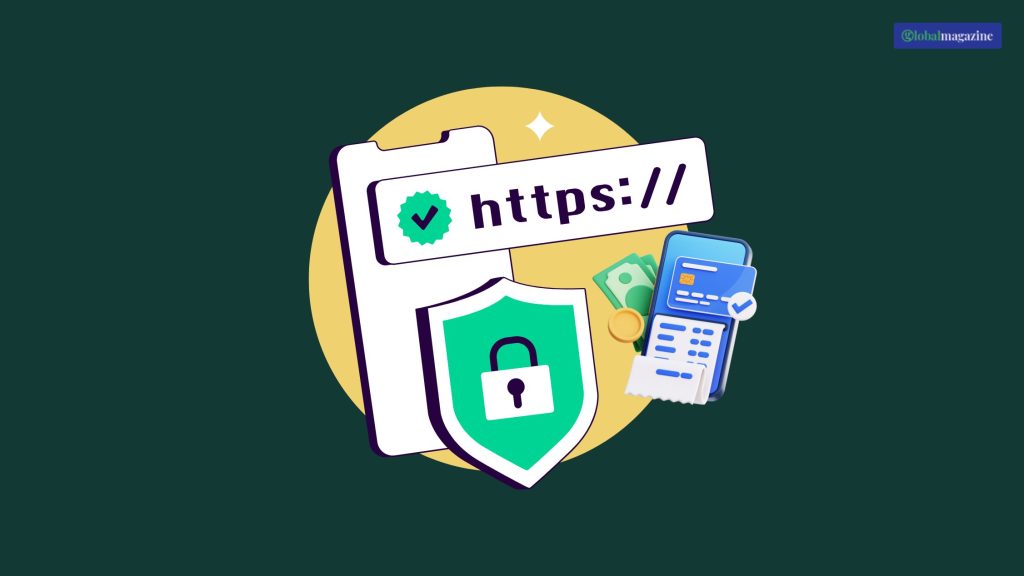
PCI DSS, or the Payment Card Industry Data Security Standard, is a mandatory industry standard for businesses that process or store payment card information. However, PCI DSS, despite being an industry standard, is not a government regulation.
Businesses ought to protect payment card information; hence, failing to comply with PCI DSS leads to heavy fines.
Organizations, businesses, or stores that fail to comply with PCI DSS risk losing their payment processing capabilities.
These are prime examples for answering the question: which of the following is considered an industry-specific cybersecurity regulation? Because they target financial services specifically.
4. Government And Public Sector: FISMA And FedRAMP
The Federal Security Management Act (FISMA) is the core regulation governing cybersecurity across the US federal agencies.
FISMA regulates organizations and other contractors to adopt a structured risk management process.
The mechanism constantly monitors the system and reports the compliance status.
FedRAMP (Federal Risk and Authorization Management Program) complements FISMA by standardizing security assessment and authorization for cloud service providers that work with the U.S. government. Together, these regulations form the cybersecurity backbone of the public sector.
Which of the following is considered an industry-specific cybersecurity regulation?
FISMA applies specifically to the government, making it a textbook example.
5. Retail and E-Commerce: CCPA, COPPA, and FACTA

Retail and e-commerce organizations must contend with a multitude of overlapping regulations.
Regulatory bodies in different states impose varying types of regulations on e-commerce organizations.
The California Consumer Privacy Act (CCPA) mandates that businesses dealing with the personal data of California residents.
The CCPA extends beyond retail; it also impacts e-commerce platforms.
COPPA (Children’s Online Privacy Protection Act) regulates the collection of personal data from children under 13.
If an e-commerce site or online platform targets children or may attract them, COPPA compliance is essential.
FACTA (Fair and Accurate Credit Transactions Act) protects consumers from identity theft by mandating the secure disposal of credit card data.
The FCTA regulates the printing of the receipts.
Even though FCTA is broader in scope, FACTA has specific rules relevant to retailers and payment processors.






















